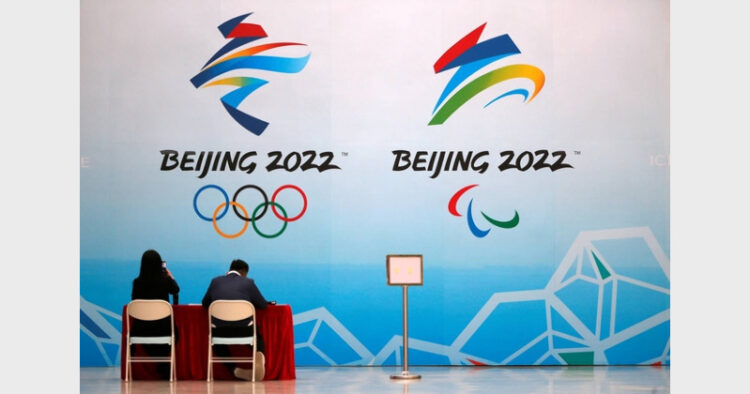The Beijing Olympics offers yet another glaring illustration of a sad reality: the contemporary international community cares little for the Olympic Charter to promote human diversity and dignity.
Will the 2022 Beijing Winter Olympics concluded on Sunday last be remembered for its magnificent opening and closing ceremonies or a Russian doping scandal, or the emergence of a few new stars? Or will it be remembered for the performance in the final medal count of Norway, followed by Russia, Germany, Canada and the United States? Or will it be for being held as planned despite the present pandemic and Russia-NATO generated geopolitical tensions?
One thinks none of the above. The Beijing Olympics offers yet another glaring illustration of a sad reality: the contemporary international community cares little for the Olympic Charter to promote human diversity and dignity. There have long been allegations of diversity/ minorities rights violations in China—in Xinjiang, Hong Kong, Tibet and even on the mainland.
In November 2020, the Swiss Foreign Policy Commission( under the National Council of Switzerland/ Upper-House of Swiss Parliament) recommended the Swiss Federal Council to submit a detailed report to the Parliament on implementing its human rights dialogue with China. On September 10, 2018, the Society for Threatened Peoples and the Swiss Tibetan Friendship Association (popularly known as GSTF) submitted a petition signed by over 11,000 Swiss citizens calling for a more active engagement at the international level vis-à-vis China on the human rights situation in Tibet.
In December, US President Joe Biden signed a law that bans imports from China's Xinjiang region over concerns about forced labour. The United States Commission on International Religious Freedoms has consistently advocated for the unconditional release of the 11th Panchen Lama.
According to a report over two years ago, a delegation of Tibetan, Uyghur, Hong Konger, and Chinese rights lawyers met the International Olympic Committee, shared the continuing sufferings of minorities in China and argued that allowing Beijing to host the Games would embolden the Chinese government to continue its repression.
But all this had little effect on the IOC. It allowed China to hold the Olympics this month. About 25 nations sent their high-ranking officials to the Beijing Games. The important state heads to attend the Games included Russian and Kazakhstan Presidents Vladimir Putin and Kassym-Jomart Tokayev and Pakistan Prime Minister Imran Khan.
Of course, some democratic governments did not send their official delegations. Unlike in the 2008 Beijing Games, which was attended by then US President George W. Bush at the opening, his current successor, Joe Biden, was missing this time.
But these democracies were hardly serious enough about really boycotting the Beijing Games. Most of them sent their athletes to the Beijing Games. To most of them, their economic ties with China appeared too important to let any tension on the human rights issue endanger them. There is a near consensus across the Japanese political spectrum to preserve Japan's economic ties with China. Japan relies on China as a manufacturing hub and a market for its items, from automobiles to construction equipment.
It may be recalled that on February 1, the lower chamber of the Japanese parliament passed a resolution asking its government to "monitor the serious human right situation in cooperation with the international community, and implement comprehensive relieving measures." This resolution did not use the word "China" anywhere in the text. It steered clear of any expression such as "human rights violation" and preferred, instead, "human rights situation."
( The author is a Delhi-based journalist)














Comments